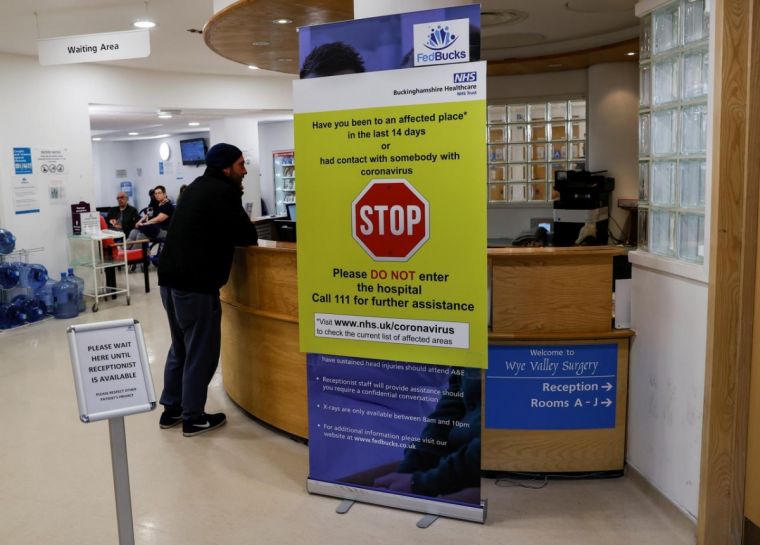250,000 volunteers respond in just 24 hours to help NHS in coronavirus crisis

Hundreds of thousands of volunteers have signed up in just 24 hours to offer their time to help the NHS through the coronavirus crisis.
250,000 people responded within a single day to a call for volunteers to help the UK's health service in delivering food, medicines, as well as driving patients to urgent appointments and offering phone support to those in isolation.
The extraordinary response comes as a number of schemes have been launched to help ease the pressure on the NHS from the coronavirus pandemic.
In addition to the 250,000 public volunteers, the NHS has also recruited 11,000 retired medics, who have all answered a call to return to the health service to help in the current health crisis.
More than 24,000 final year student nurses and medics will also step up to take on various roles to help.
The news comes on Wednesday as it was reported that more than a quarter of the world's population is now under some form of lockdown due to the coronavirus outbreak.
This week the entire population of India, some 1.3 billion people, were put on total lockdown as the country attempts to stop the outbreak from escalating beyond manageable levels. The announcement of the lockdown has sparked widespread panic-buying at food stores, reports have described.
Earlier on Wednesday, Buckingham Palace reported that future British king, Prince Charles had tested positive for coronavirus. The 71-year-old had been displaying mild symptoms, and is now self-isolating at home in Scotland with the Duchess of Cornwall, who has tested negative for the virus.
On Tuesday, the UK government announced that the NHS would begin to treat coronavirus patients in a makeshift field hospital set up in the ExCeL Centre in east London. However, there have also been increasing calls to tackle the shortfall of personal protective equipment for doctors and nurses across the country. Critics have criticised the government saying that the lives of NHS staff, as well as patients, are being put at increased risk due to the lack of proper safety equipment for frontline workers.











